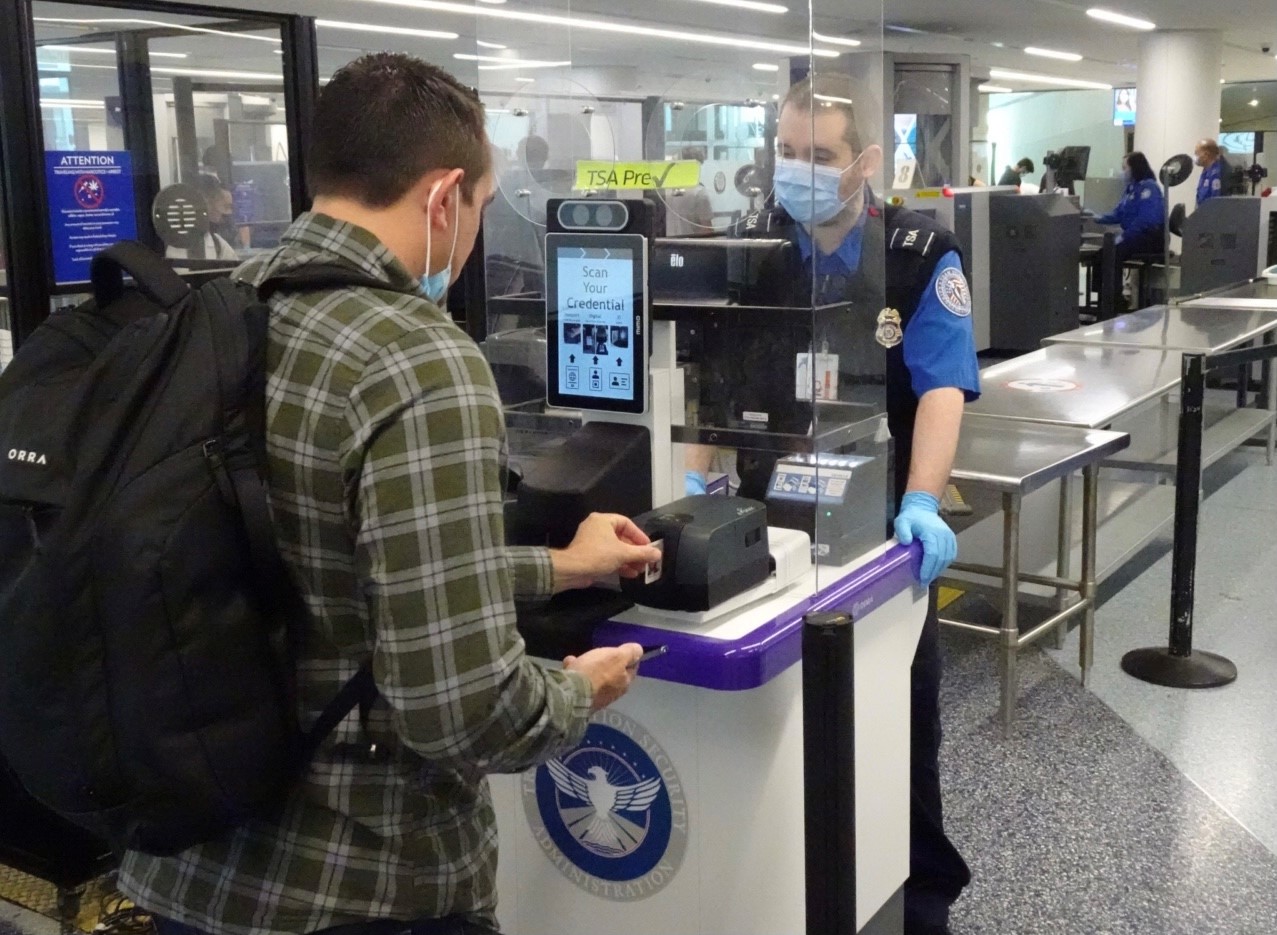Dreaming of a Greek island getaway but worried your criminal record will get in the way? If you’re short on time, here’s a quick answer: Felons can often travel to Greece if they meet eligibility requirements, but visas are issued at discretion, for 90 days only.
In this comprehensive guide, we’ll dive into Greece’s policies on welcoming travelers with criminal histories.
We’ll explain how convictions can impact visa approvals and entry eligibility. We’ll also provide tips for maximizing your chances of authorized travel.
Greece’s Stance on Felony Convictions
Greece, like many countries, has specific entry policies in place for individuals with criminal records, including felony convictions.
It is essential for anyone with a felony conviction to understand these policies before planning a trip to Greece.
Entry Restrictions
Greece does have restrictions on entry for individuals with felony convictions. The Greek government takes criminal records into account when considering visa applications and entry into the country.
While each case is evaluated on an individual basis, having a felony conviction can potentially result in denial of entry.
However, it is important to note that not all felony convictions will automatically result in a denial of entry.
The severity of the conviction, the time that has passed since the offense, and the individual’s behavior since the conviction can all be factors taken into consideration.
Visa Application Process
When applying for a visa to enter Greece, individuals with felony convictions are typically required to disclose their criminal history as part of the application process.
It is crucial to provide accurate information and be transparent about any past convictions during this process.
The Greek authorities will review the application and consider various factors before making a decision.
It is advisable to consult with an immigration lawyer or seek guidance from the Greek embassy or consulate in your home country for specific guidance regarding visa applications.
Rehabilitation and Reentry
Greece, like many countries, recognizes the importance of rehabilitation and reintegration for individuals with criminal records.
If a significant amount of time has passed since the felony conviction, and the individual has demonstrated positive behavior and rehabilitation efforts, there may be a higher chance of being granted entry into Greece.
It is worth noting that Greece, as a member of the European Union, adheres to certain EU regulations regarding criminal records and rehabilitation.
These regulations aim to provide opportunities for individuals with criminal records to reintegrate into society and be given a second chance.
It is crucial for individuals with felony convictions to research and understand the specific entry policies and procedures of Greece before planning any travel.
Seeking professional advice and guidance can help navigate the complexities of the application process and increase the chances of a successful entry into the country.
The Visa Application Process
When it comes to the visa application process for individuals with criminal records, it is important to understand the policies of the country you intend to visit. In the case of Greece, the process can be quite complex.
1. Application Requirements
Greece requires all travelers to obtain a visa if they are not citizens of the European Union or Schengen Area. As part of the application requirements, individuals with criminal records may be asked to provide additional documentation.
Typically, this includes:
- Police clearance certificates
- Court documents
- Character references
It is important to note that each case is evaluated on an individual basis, and the decision to grant a visa ultimately lies with the Greek authorities.
2. Disclosure of Criminal Record
When filling out the visa application form, it is crucial to be honest and transparent about any criminal convictions.
Failure to disclose this information can result in serious consequences, including visa denial and potential legal repercussions.
It is recommended to provide as much detail as possible, including the nature of the offense, the date of conviction, and any rehabilitation efforts undertaken since then.
3. Evaluation Process
Once the application is submitted, Greek authorities will assess the individual’s criminal record and overall eligibility for entry into the country.
Factors taken into consideration may include the severity of the offense, the time that has passed since the conviction, and any evidence of rehabilitation or change in behavior.
It is important to note that there is no guarantee of approval, as each case is evaluated on its own merits. However, being honest and providing all necessary documentation can increase the chances of a favorable outcome.
4. Seeking Legal Advice
If you have a criminal record and are unsure about your eligibility to enter Greece, it is advisable to seek legal advice from an immigration lawyer or consult the official website of the Greek Ministry of Foreign Affairs for accurate and up-to-date information.
They will be able to provide guidance based on your specific circumstances and help you navigate the visa application process.
Entering Greece with a Criminal Record
Greece is a popular tourist destination known for its rich history, beautiful landscapes, and vibrant culture. If you have a criminal record, you may be wondering if you can still visit this stunning country.
In this article, we will examine the entry policies for individuals with criminal records and provide you with the information you need to know.
Understanding the Entry Regulations
Greece, like many other countries, has specific entry regulations that they enforce. These regulations aim to ensure the safety and security of both their citizens and visitors.
As a result, individuals with criminal records may face certain restrictions when trying to enter the country.
It is important to note that Greece does not have a blanket ban on allowing individuals with criminal records to enter.
Instead, they evaluate each case individually based on the severity of the offense and the time that has passed since the conviction.
Factors Considered by Greek Authorities
When assessing entry requests from individuals with criminal records, Greek authorities consider various factors:
- The seriousness of the offense: Greek authorities consider the nature and severity of the crime committed. More serious offenses may result in a denial of entry.
- Time elapsed since conviction: The amount of time that has passed since the conviction plays a role in the decision-making process. Generally, the longer the time since the conviction, the better the chances of being granted entry.
- Purpose of the visit: The purpose of the visit is also taken into account. If the individual can demonstrate that their visit is for legitimate reasons such as tourism, business, or family visits, they may have a better chance of being allowed entry.
Seeking Legal Advice
If you have a criminal record and are planning a trip to Greece, it is advisable to seek legal advice.
Consulting with an immigration lawyer who specializes in criminal admissibility can help you understand the specific regulations and provide guidance on how to proceed.
They can assess your individual case, provide advice on the best course of action, and help you navigate the entry process.
It is crucial to have accurate and up-to-date information to avoid any complications during your travel plans.
Please note: The information provided here is for general guidance purposes only. Laws and regulations can change, so it is always recommended to verify the most recent information from official sources or consult a legal professional.
Increasing Your Chances of Entry
If you have a criminal record and are planning to travel to Greece, there are steps you can take to increase your chances of being granted entry.
While each case is unique and decisions are ultimately up to the discretion of Greek authorities, here are some general guidelines to follow:
1. Research Greek Entry Policies
Before making any travel plans, it is crucial to familiarize yourself with Greece’s entry policies regarding individuals with criminal records.
The Greek National Tourist Organization (GNTO) website is a great resource to start with.
They provide up-to-date information on entry requirements and restrictions based on various factors, including criminal records.
2. Consult with an Immigration Lawyer
If you have concerns about your eligibility for entry into Greece due to your criminal record, it is highly recommended to seek the advice of an immigration lawyer.
They can provide you with personalized guidance based on your specific circumstances. They will help you understand the potential challenges you may face and explore possible strategies to overcome them.
3. Obtain a Pardon or Expungement
Depending on the nature and severity of your criminal offense, obtaining a pardon or expungement may improve your chances of being allowed entry into Greece.
A pardon is an official forgiveness of your crime, while an expungement removes the conviction from your criminal record.
These legal actions can demonstrate that you have been rehabilitated and are a law-abiding citizen.
4. Provide Supporting Documentation
When applying for entry into Greece, it is essential to provide all necessary documentation to support your case.
This may include a detailed explanation of your past offense, evidence of rehabilitation, character references, and any relevant court documents.
The more information you can provide to demonstrate your reformed character, the better your chances of being granted entry.
5. Be Honest and Transparent
While it may be tempting to omit or downplay your criminal record, it is crucial to be honest and transparent throughout the application process.
Greek authorities value integrity, and any attempt to deceive them can severely impact your chances of entry.
Provide accurate information and address any concerns directly, showing that you are taking responsibility for your past actions.
Keep in mind that these suggestions are not a guarantee of entry into Greece for individuals with criminal records. Each case is evaluated on an individual basis, and decisions are made at the discretion of Greek authorities.
However, by following these guidelines and taking proactive steps, you can increase your chances of a successful entry into Greece.
Conclusion
In summary, while Greece does welcome some travelers with past felony convictions, their entry policies are complex.
Putting together a strong application and being prepared to demonstrate rehabilitation can help maximize your chances of approval.
With proper planning, many felons can have the Greek getaway they’ve been dreaming of.







